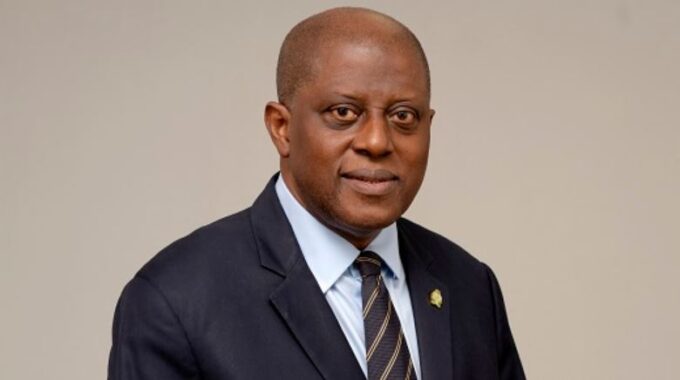
Political stakeholders in Rogo Local Government Area of Kano State have reaffirmed their loyalty to former Governor and Senator Rabiu Musa Kwankwaso, urging him to lead them into the All Progressives Congress.
The resolution emerged during a meeting on Sunday that brought together councillors, ward chairmen, elders, and members of the Kwankwasiyya movement in the local government.
Briefing journalists after the meeting, a governor’s aide, Abdullahi Rogo, said the stakeholders deliberated extensively on recent political developments and their implications for Kano State.
“We have resolved to remain loyal to Senator Rabiu Musa Kwankwaso and appeal to him to lead us into the APC whenever he decides to make that move,” Rogo said.
He added that supporters of the Kwankwasiyya movement in Rogo were urged to remain law-abiding and peaceful amid ongoing political realignments.
Rogo also stated that the stakeholders pledged continued commitment to the ideals and principles of the Kwankwasiyya movement, emphasising that discipline, unity, and respect for leadership would guide their actions.
In September, Kwankwaso, who placed fourth in the 2023 presidential election, had expressed his willingness to form an alliance with the APC in 2027 but stated that certain conditions must be met.
Kwankwaso, while addressing a gathering at his Kano residence, said any political alliance must recognise and respect the interests of his party and political movement.
“Those calling on us to join the APC, we have agreed to join the APC but on clear agreement that protects and respects the interest of my party, NNPP and my political movement, Kwankwasiyya.
“We are ready to join APC under strong conditions and promises. We will not allow anyone to use us and later dump us. We were among the founding fathers of the APC and endured significant persecution from various security agencies while challenging the previous administration,” he had said.
It is believed that President Bola Tinubu was wooing Kwankwaso, who polled nearly one million votes in Kano in the 2023 presidential election.
Meanwhile, an audio message obtained by The PUNCH featured the voice of the spokesperson for the Association of Local Government Chairmen in Kano State and Chairman of Dala Local Government Area,Surajo Imam, directing council chairmen across the state to emulate Rogo’s stakeholders by mobilising New Nigeria Peoples Party members to urge Kwankwaso and Governor Abba Kabir Yusuf to join the APC.
“This is an important notice. There will be no meeting at the State Assembly tomorrow, Monday. You are hereby directed to mobilize NNPP stakeholders in your respective local governments and call on Kwankwaso and Governor Abba Kabir Yusuf to join the APC,” Imam said.
Efforts to obtain official reactions from Governor Yusuf, his deputy, and the NNPP leadership were unsuccessful at the time of filing this report.
Sources close to Governor Yusuf and within the APC told The PUNCH that the Kano State governor is set to defect from the NNPP to the APC.
One source, speaking on condition of anonymity for lack of authorisation to speak to the press, said discussions on the defection had reached an advanced stage and that a formal announcement was imminent.
“Everything has been concluded. The governor will soon make a public declaration of his defection,” the source said.
An APC official in Kano State confirmed that the party was preparing to receive the governor, adding: “We are expecting the governor to formally declare his intention to join the APC on Wednesday during the State Executive Council meeting. Preparations are ongoing.”
The planned defection has reportedly deepened divisions within the NNPP in Kano State, particularly between Governor Yusuf and Kwankwaso, who is said to strongly oppose the move.
Sources disclosed that Kwankwaso expressed concern that such a defection could weaken the party’s structure in the state.
Despite the opposition, several NNPP figures in Kano are backing Yusuf’s decision, citing political realignment ahead of future elections and the strategic advantage of aligning with the ruling party at the centre.
The development has generated mixed reactions among party members, with some supporting the governor and others vowing to remain loyal to Kwankwaso.


















Leave a comment